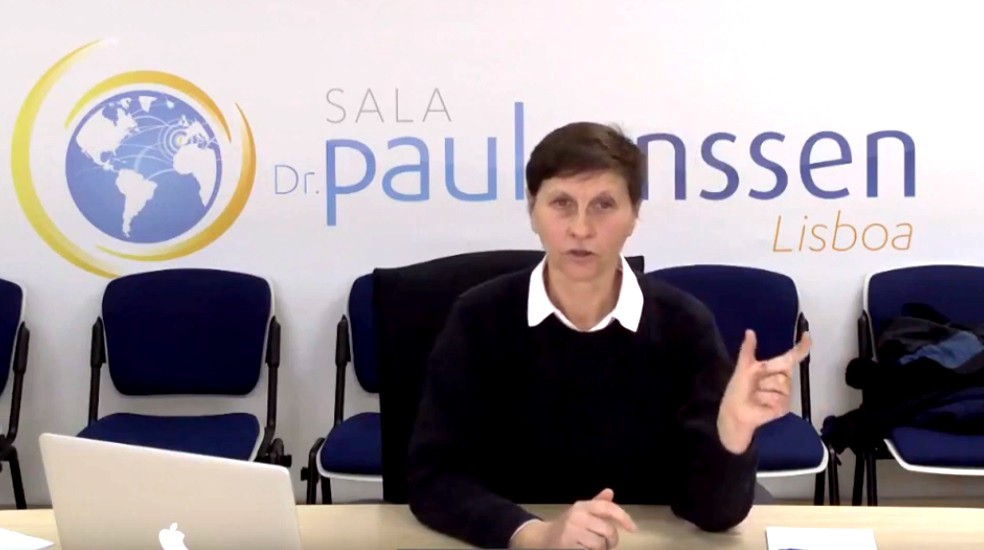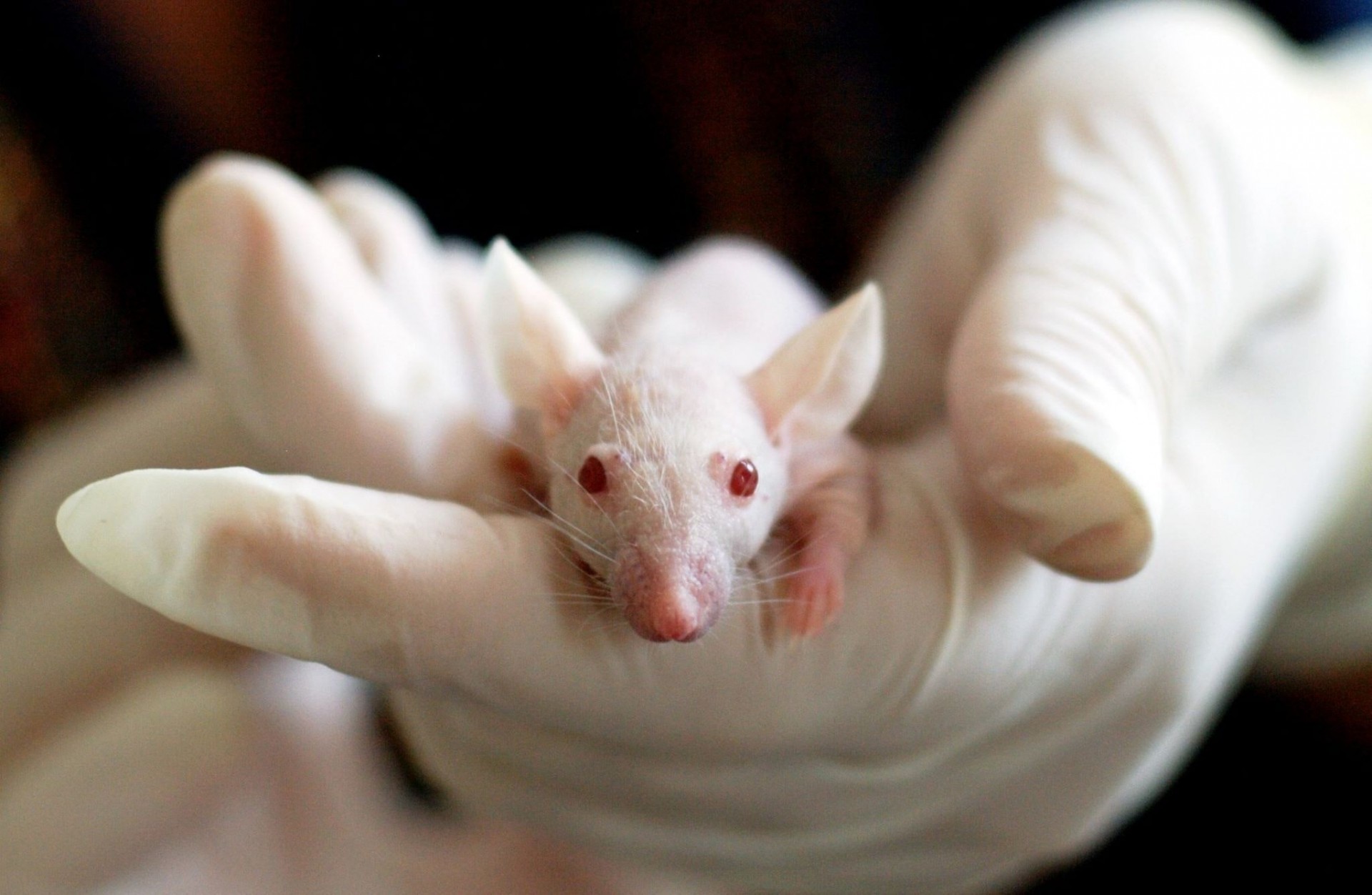
The topic widely studied by Science gains special prominence when it is presented by one of the scientists whose relationship with genetics comes from far back. The elixir that delays or reverses ageing has not yet been fully discovered. But several steps have already been taken so that in the next few decades we can talk about amortality, a reversibility that will make us live many more years beyond those expected today.
The Faculty of Medicine of the University of Lisbon organises several talks on a monthly basis. The aim is to be connected to a networked system from one of the Faculty's rooms, the Paul Janssen room, and to present a topic whose up-to-dateness and interest arouse various reactions in those present.
In an edition where we reflect about the frontiers of mortality and amortality, what are the real possibilities of knowing that at 80 years of age we are still just entering middle age?
Fiction? No, scientific analysis.

If in the past infectious diseases were the main cause of early death, combated thanks to new drugs, now what we know is that by increasing the average life expectancy, new diseases haunt us regarding the termination of human life. One of these diseases is cancer, which arises because of genetics and whose cell characteristics contain errors, or preventable causes, caused by exposure to the environment. Faced with a new paradigm of new causes of death, what can we expect today when we age? “If we want to live longer we have to solve the cancer problem”, says the Oncobiology Professor. Bearing this evidence in mind, the other is that we all have a validity limit, a deadline. “The organs have a life period because the cells fail. The great challenge for Science is to be able to reverse or delay this ageing ”, she says.
A big dream for a vast group of scientists, this youth elixir intends to re-educate cells by making them go backwards, like a clock that goes back in time. By studying a ribonucleic acid (RNA) molecule, a very particular molecule which, when manipulated, not only stops ageing, but leads old cells to behave like new ones, Carmo-Fonseca knows that what was considered impossible until 2006 has changed since then. The main person responsible for this change is Shinya Yamanaka, the Japanese physician and scientist who won the Nobel Prize in Physiology or Medicine in 2012 and who “managed to discover a cocktail of molecules that can alter the pattern of genetic expression of differentiated and old cells and only manipulate gene expression, managing to reverse them into embryonic cells”. It became possible to realize that it was possible to reverse individual cells. But what about responding at body level?

The first experiences came from Madrid. Scientists placed a group of substances in a mouse and did the same clock reversal. What happened was that many cells reversed, but quickly degraded, giving rise to tumours. By reversing they had created a new problem, they were now deregulating the type of internal cellular communication and the tumours ended up killing the animals.
Spain remained at the forefront with a new study, this time led by a scientist living in the USA. Assuming that getting the chemicals into the body was already known, they now knew that they didn't want them to get out of control. Then they started to give small amounts of this substance, avoiding its harmful effect. This dosage was very successful. The old rats were beginning to respond and to become younger. However, they had special characteristics to make them age faster.
Currently, the rats used are of normal age, that is, it is not manipulated and, as such, the observation waiting time is longer, making the whole process also slower.
Since then, several scientific groups began to focus on specific cells of specific organs, each genetically manipulating only a part of the body and not the whole. Carmo-Fonseca does just that in her Laboratory at the Institute of Molecular Medicine, by manipulating genes and forcing them to be new. The purpose of all this? The groups try to reverse target cells that lose many of their capacities with age.
By putting in contact the circulatory system of old animals with young ones, they realized that the young blood that circulated in an old body managed to make the old one recover a lot.
Indicating 2014 as the date where many papers about these findings were published, Carmo-Fonseca points out that “the great interest now was to understand which chemical molecules in the younger blood were causing precisely this effect. The idea was to have this chemical substance in tablets and to be able to take them normally ”. She added that in the Institute she presides there are already two researchers researching this topic.
In view of the current scenario, a wide range of hopes lie ahead, and one of them may have a direct relationship with Neurodegenerative Diseases. The question was raised in the debate by Joaquim Ferreira, a Pharmacology Professor and a specialist in Movement Diseases. By reversing the ageing cells, the brain would thus no longer be harmed by these diseases that affect not only memory but also physical movement. However, keynote speaker Maria do Carmo-Fonseca made it clear, "Alzheimer's or Parkinson's can be studied positively, but only before symptoms set in and only then, yes, can a possible success be expected!".
So, will we have real results one day? The doubts seem to dissipate, however, there are still a few decades to go, as the scientist explains to us, “maybe 80 years from now”. And then for sure some of us may confirm that our time will reverse.

Review Talk on Peeking for Amortality here.
Joana Sousa
Editorial team


